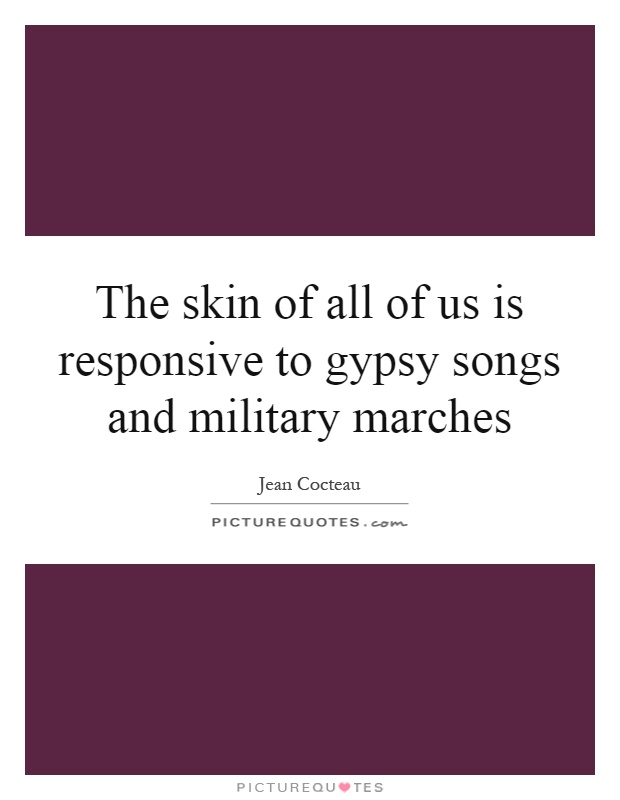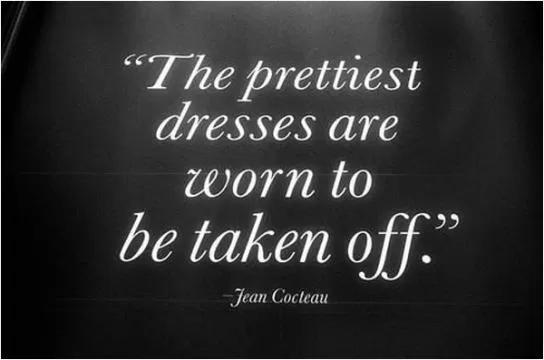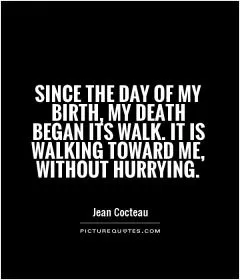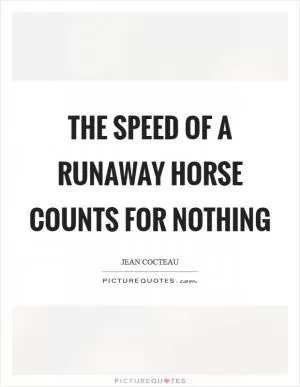The skin of all of us is responsive to gypsy songs and military marches

The skin of all of us is responsive to gypsy songs and military marches
Jean Cocteau, the renowned French artist, writer, and filmmaker, was known for his eclectic and avant-garde style that often blurred the lines between reality and fantasy. His work often explored themes of love, death, and the human experience, and he had a deep appreciation for the arts in all its forms. Cocteau once famously said, “The skin of all of us is responsive to gypsy songs and military marches,” a statement that perfectly encapsulates his belief in the power of music to evoke emotion and stir the soul.Cocteau’s fascination with music was evident in many of his works, from his poetry to his films. He understood the profound impact that music could have on the human psyche, and how it could transcend language and cultural barriers to touch the very core of our being. Gypsy songs, with their haunting melodies and passionate rhythms, spoke to Cocteau’s romantic sensibilities and his belief in the power of the human spirit to overcome adversity. Military marches, on the other hand, represented a more regimented and disciplined form of music, but one that still held a certain power and majesty that Cocteau found compelling.












 Friendship Quotes
Friendship Quotes Love Quotes
Love Quotes Life Quotes
Life Quotes Funny Quotes
Funny Quotes Motivational Quotes
Motivational Quotes Inspirational Quotes
Inspirational Quotes